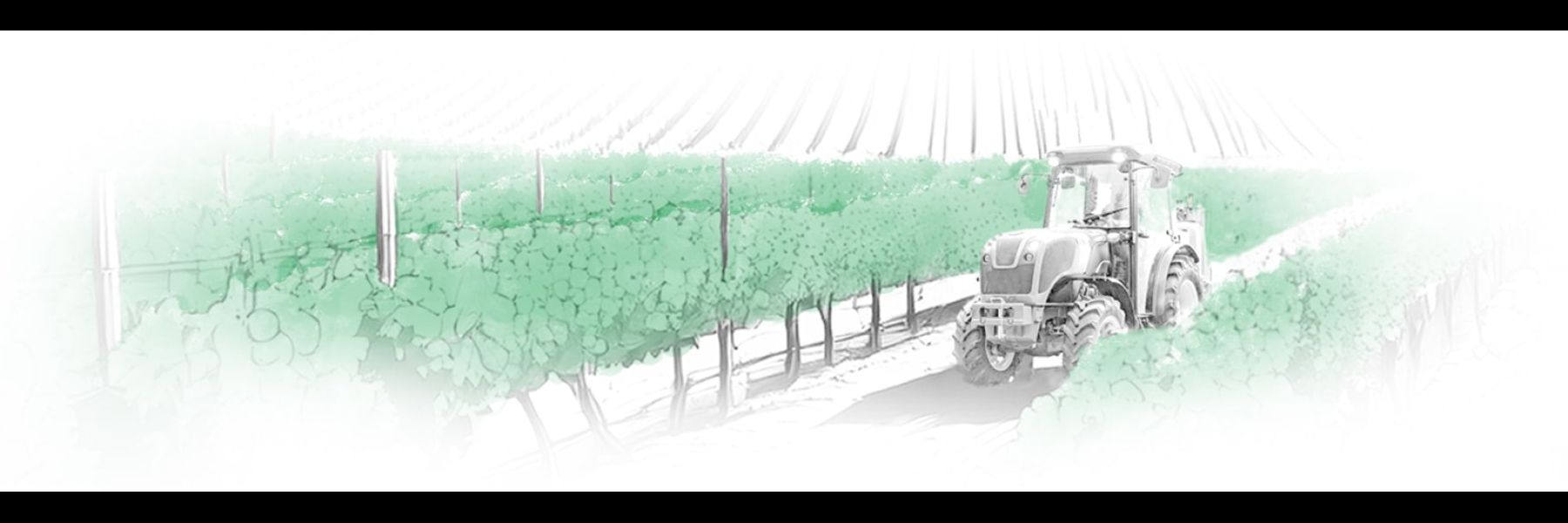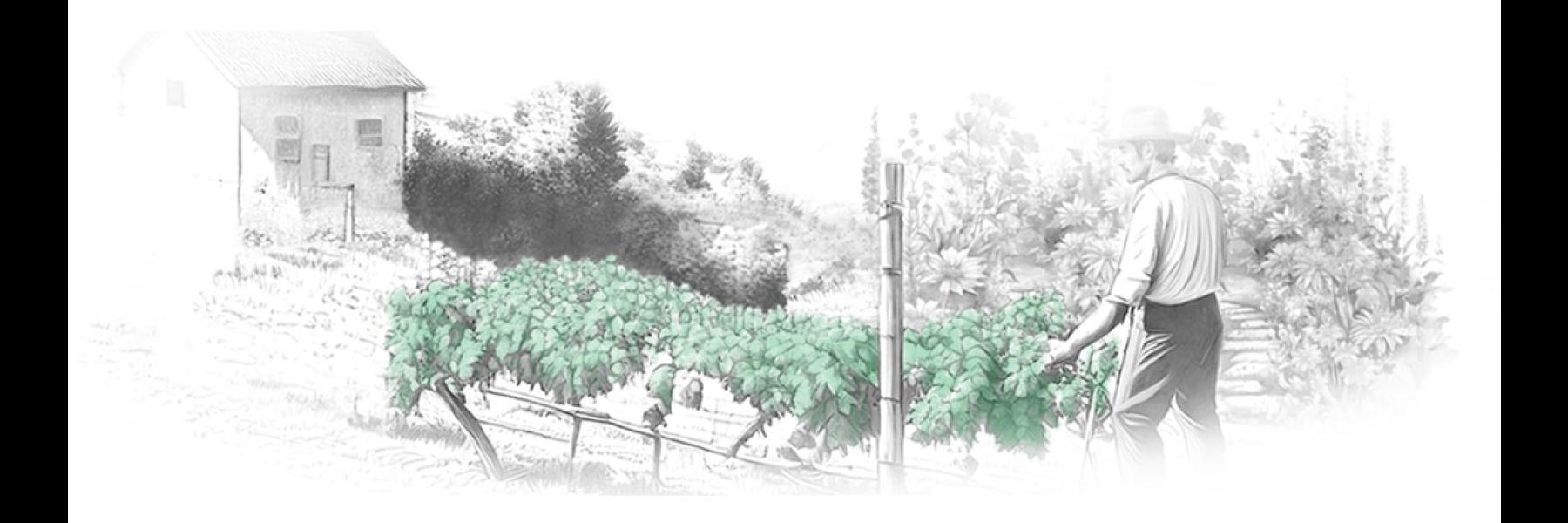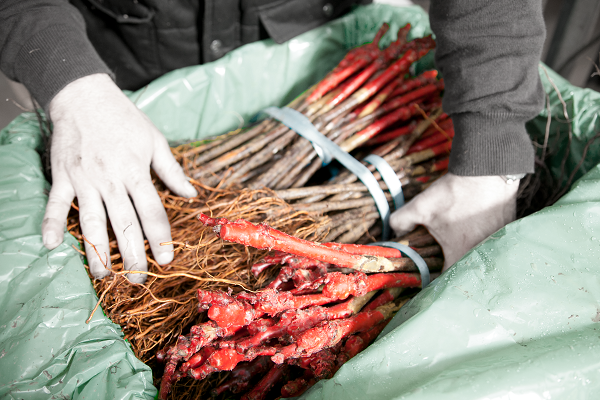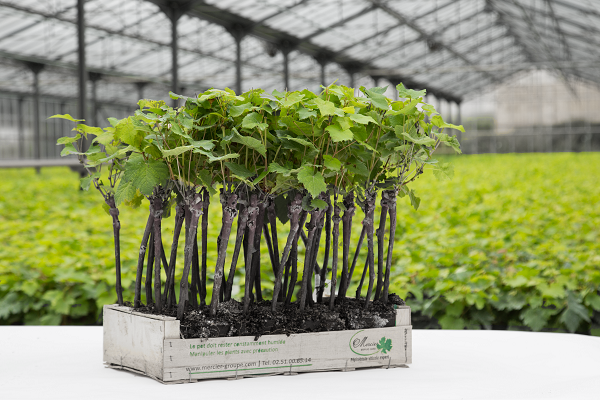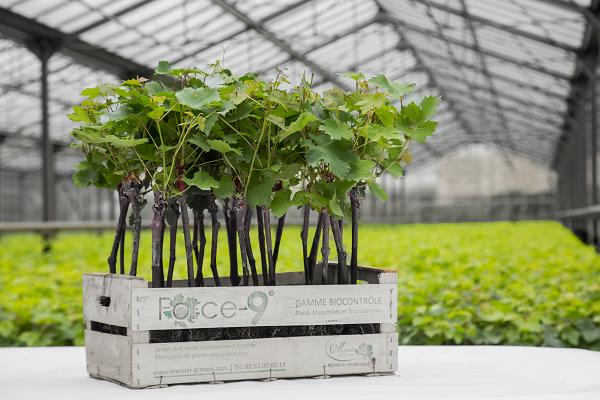OUR EXCLUSIVE INNOVATIONS
We run several research and development programmes as part of our aim to continually improve the sanitary quality and to meet the major challenges of grapevine trunk diseases and recovery of plants in difficult conditions. We run these programmes in close collaboration with various public and private players in the sector. All our programmes are aimed at finding natural solutions that can be used in organic agriculture and have already given rise to a new generation of healthier and more resistant plants offered exclusively by Mercier.

THE FIGHT AGAINST GRAPEVINE TRUNK DISEASES
Although several other factors play a part, vine quality is an essential element in the fight against grapevine trunk diseases. Our objective, as vine nursery, is to offer you the sanest and the most disease-resistant plants possible. To this end, our research teams work on the effective use of two biotechnologies – neutral anolyte and the trichoderma I-1237 strain.
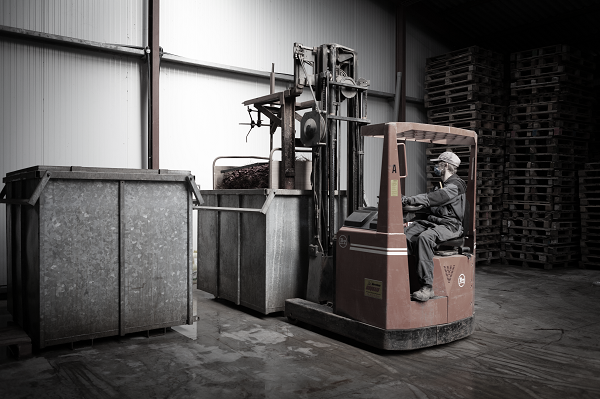
NEUTRAL ANOLYTE :
hEALTHIER PLANTS
Firstly, infected plants are eliminated through the combination of stringent sanitary testing of all plant material and the company’s self-sufficiency policy for supplies. We have adapted our processes and equipment, and used alternative raw materials to reduce the effect of pathogens. We eradicate fungi by the systematic use of neutral anolyte on plant material, the finished plants, tools and all facilities. Neutral anolyte is a natural product with very powerful disinfecting and sterilising properties, which is particularly effective against both bacteria and fungi.
*An international patent request for CleanPROCESS® has been submitted under the reference WO2013/01105311.
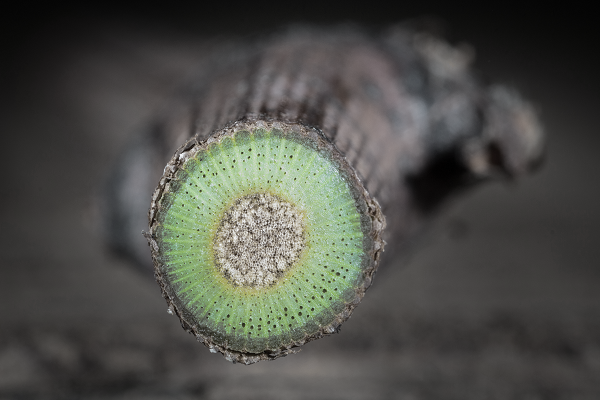
TRICHODERMA I-1237:
MORE RESISTANT PLANTS
Plants in the Altis® range are inoculated with the trichoderma atroviride I-1237* strain to protect them from grapevine trunk diseases. This biofungicide works by antagonism, antibiosis, competition and parasitism and is perfectly compatible with the requirements of organic agriculture. The Atlis range forms the basis for effective control of wood diseases. It is nevertheless essential to carry out, from the very beginning, pruning that follows the flow of sap, and to continue the systematic application of the trichoderma I-1237 strain.
*Tri-Wall®, from the Agrauxine Company, is the first biofungicide approved for use in the fight against grapevine trunk diseases (MA no.2210388).
BENEFIT ALL MERCIER INNOVATIONS IN THE ALTIS® RANGE :
STRONGER ROOTS SYSTEMS
The root system is fundamental for successful planting and recovery, especially in difficult conditions such as those encountered when replanting. As a vine nursery, our aim is to provide plants with the strongest root system possible. To do so, our research team has focused on the use of mycorrhizae.
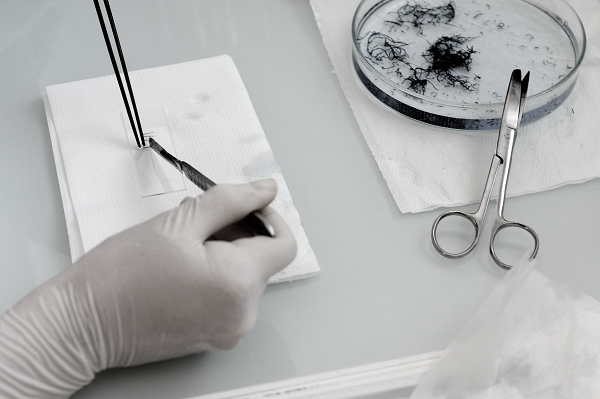
MYCORRHIZAE : IMPROVED RECOVERY
During their research, our R&D engineers have shown that the simple presence of mycorrhizas is not sufficient for obtaining all the benefits expected. They have developed a specific process which produces a sufficiently high level of mycorrhization to achieve total symbiosis between the mycorrhizae and the plant’s root system. This process is only applicable to plants in pot format whereby we have total mastery of the environmental conditions necessary for the very first growth cycle (development of the root system and mycorrhizae).
All our potted vines are mycorrhized at the root level to strengthen the root system, improve recovery and resistance to environmental stress, and enable you to benefit from all the advantages of mycorrhization in your vineyard after planting.


